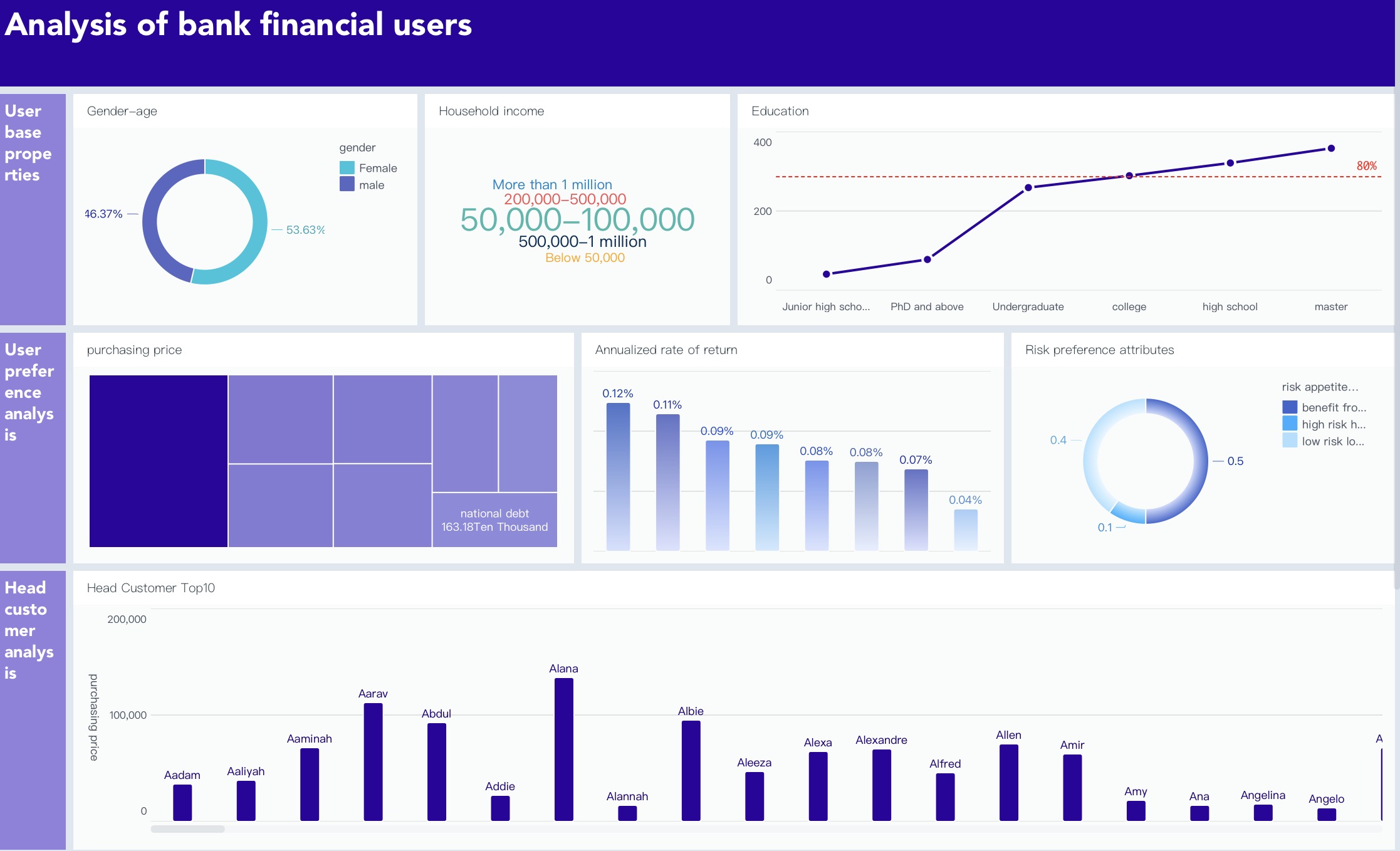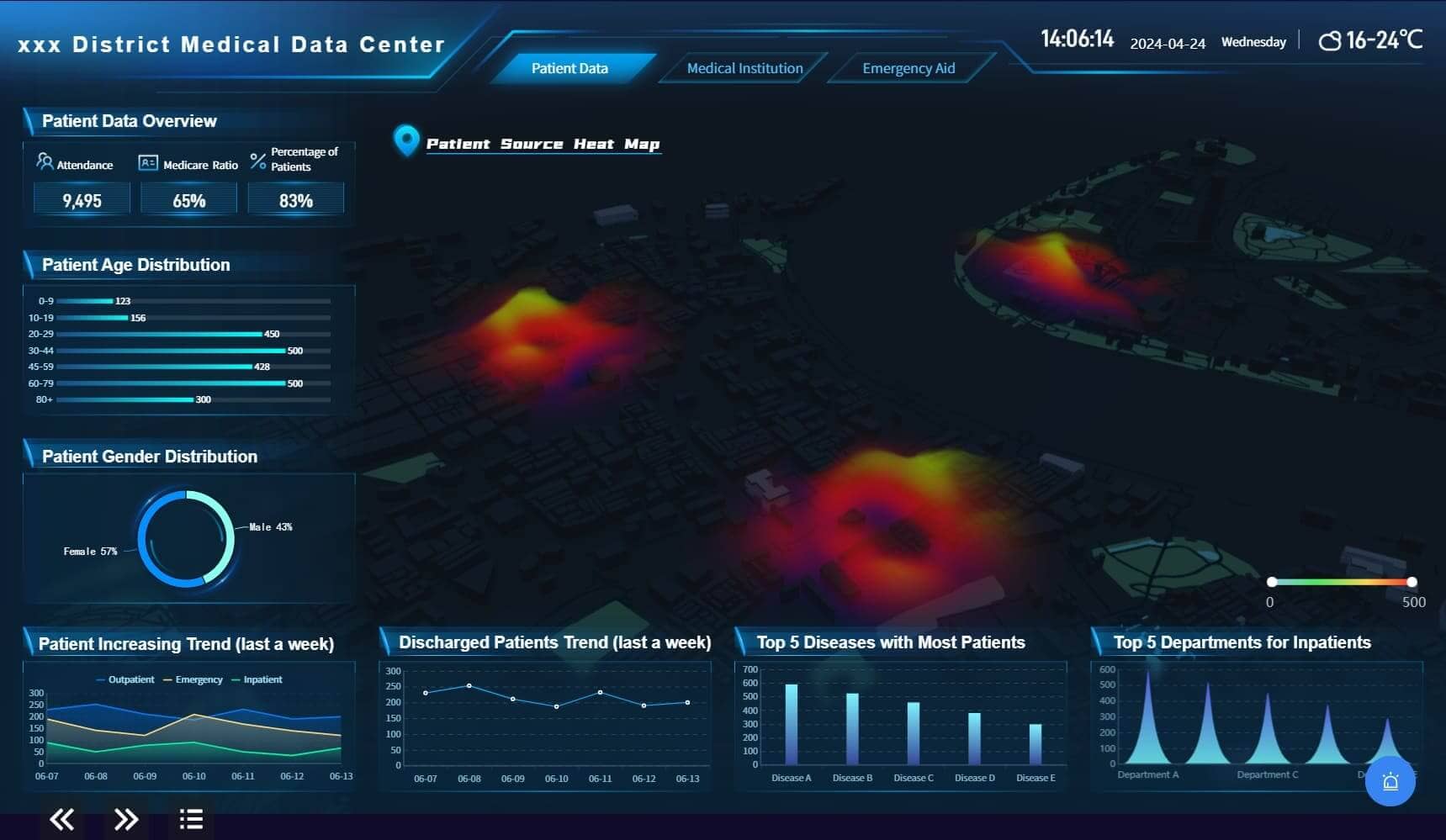


Cloud computing has revolutionized the way businesses operate, offering scalable and flexible resources. The hybrid cloud concept combines private and public cloud environments, providing a balanced approach to data management. Hybrid Cloud Management becomes crucial as organizations aim to optimize their IT infrastructure. This management ensures seamless integration, enhances security, and improves compliance. A unified hybrid cloud strategy can lead to improved developer productivity and greater infrastructure efficiency. Companies recognize the importance of adopting cloud technologies for success, with 92% of IT professionals acknowledging its significance.
Understanding Hybrid Cloud Management
Definition of Hybrid Cloud
A Hybrid Cloud integrates public cloud, private cloud, and on-premises infrastructure. This integration forms a unified IT environment. Organizations use this approach to optimize resources and costs.
Characteristics of Hybrid Cloud
- Flexibility: Hybrid clouds offer adaptable solutions for varying workloads.
- Scalability: Businesses can scale resources up or down based on demand.
- Cost-Effectiveness: Companies allocate resources efficiently to reduce expenses.
Components of Hybrid Cloud
- Public Cloud Services: These include platforms like AWS, Google Cloud, and Azure.
- Private Cloud Infrastructure: Organizations maintain these on-premises or through managed services.
- Networking Tools: Software-defined networking ensures seamless connectivity.
What is Hybrid Cloud Management?
Hybrid Cloud Management involves overseeing the integration of diverse cloud environments. This management ensures that all components work harmoniously.
Key Functions of Hybrid Cloud Management
- Resource Allocation: Managers distribute resources to meet business needs.
- Security Management: Teams implement measures to protect data across platforms.
- Performance Monitoring: Continuous monitoring ensures optimal operation.
Tools and Technologies Used
- Virtualization: This technology enables efficient resource use.
- Containerization: Containers provide consistency across environments.
- Software-Defined Networking: SDN facilitates flexible and secure connections.
Benefits of Hybrid Cloud Management

Flexibility and Scalability of Hybrid Cloud Management
Hybrid Cloud Management provides businesses with the flexibility to adapt to changing needs. Organizations can seamlessly integrate new technologies without the need for additional on-premises infrastructure. This adaptability allows companies to modernize applications quickly and connect cloud services to existing data, delivering new value.
Adapting to Business Needs
Businesses often face fluctuating demands. Hybrid Cloud Management enables quick scaling of resources using public cloud services. This ensures that performance remains consistent, even during traffic spikes. Companies can maintain private cloud workloads without disruption. This approach supports business experiments and projects that require rapid execution.
Cost Efficiency
Hybrid Cloud Management optimizes resource allocation across public and private clouds. Companies can run stable workloads on private clouds while migrating variable workloads to public clouds. This strategy reduces costs and allows for quick provisioning of development and test resources. Businesses achieve greater infrastructure efficiency by optimizing spending across various cloud vendors.
Enhanced Security and Compliance of Hybrid Cloud Management
Security and compliance are critical in today's digital landscape. Hybrid Cloud Management addresses these concerns by offering enhanced security measures. Organizations can reserve private cloud resources for sensitive data, ensuring compliance with regulatory standards.
Data Protection Strategies
Data protection remains a top priority for businesses. Hybrid Cloud Management implements robust security strategies to safeguard information. Companies can leverage software-defined networking to create secure connections. This approach minimizes vulnerabilities and protects data across diverse environments.
Regulatory Compliance
Regulatory compliance is essential for many industries. Hybrid Cloud Management assists organizations in meeting these requirements. By using private cloud resources for sensitive workloads, businesses ensure compliance while maintaining cost-effectiveness. This strategy supports adherence to industry regulations without compromising operational efficiency.
Challenges in Hybrid Cloud Management
Hybrid Cloud Management presents several challenges that organizations must address to ensure successful implementation. These challenges often stem from the complexity of integrating diverse environments and maintaining robust security measures.
Integration and Interoperability of Hybrid Cloud Management
The integration of various cloud environments is a significant challenge in Hybrid Cloud Management. Organizations must manage diverse environments, which include public clouds, private clouds, and on-premises infrastructure. Each environment has unique characteristics and requirements. The management of these diverse environments requires a comprehensive strategy to ensure seamless operations.
Managing Diverse Environments
Organizations often face difficulties when managing multiple cloud environments. Each environment may use different technologies and protocols. This diversity can lead to compatibility issues. Effective Hybrid Cloud Management requires tools and strategies that facilitate the integration of these environments. Managers must ensure that resources are allocated efficiently across all platforms.
Ensuring Seamless Operations
Seamless operations are crucial for the success of Hybrid Cloud Management. Organizations must ensure that data flows smoothly between different environments. This requires robust networking solutions and effective resource management. Software-defined networking plays a vital role in achieving seamless operations. It provides flexible and secure connections between cloud environments.
Security and Privacy Concerns of Hybrid Cloud Management
Security remains a top concern in Hybrid Cloud Management. Organizations must address vulnerabilities and implement best practices to protect sensitive data. The combination of public and private cloud environments introduces unique security challenges.
Addressing Vulnerabilities
Hybrid Cloud Management involves addressing various vulnerabilities. Public cloud environments may expose data to external threats. Private clouds require stringent security measures to protect sensitive information. Organizations must implement comprehensive security strategies to mitigate these risks. Regular security assessments and updates are essential to maintain data integrity.
Implementing Best Practices
Implementing best practices is crucial for ensuring security in Hybrid Cloud Management. Organizations should adopt industry-standard security protocols. These include encryption, access controls, and regular audits. By following best practices, organizations can enhance their security posture and protect sensitive data across all cloud environments.
Use Cases of Hybrid Cloud Management

Hybrid Cloud Management plays a pivotal role in various industries by providing tailored solutions to meet specific needs. The ability to integrate public cloud, private cloud, and on-premises infrastructure creates a flexible and cost-effective IT environment. This section explores how different sectors leverage Hybrid Cloud Management to enhance their operations.
Industry-Specific Applications
Healthcare
Healthcare organizations require robust data management systems due to the sensitive nature of patient information. Hybrid Cloud Management offers a secure platform for storing and processing this data. By utilizing a combination of public and private clouds, healthcare providers can ensure data protection while maintaining accessibility. The flexibility of hybrid cloud environments supports the integration of new technologies, such as telemedicine and electronic health records. This integration enhances patient care and operational efficiency.
- Data Security: Private clouds store sensitive patient information securely.
- Scalability: Public clouds handle fluctuating workloads during peak times.
- Innovation: Hybrid solutions support the adoption of advanced medical technologies.
Finance
The finance industry demands high levels of security and compliance. Hybrid Cloud Management addresses these requirements by offering a balanced approach to data storage and processing. Financial institutions can keep critical data on private clouds while using public clouds for less sensitive operations. This strategy ensures compliance with regulatory standards and reduces operational costs. The agility of hybrid cloud solutions allows financial firms to adapt quickly to market changes.

- Regulatory Compliance: Private clouds ensure adherence to industry regulations.
- Cost Efficiency: Public clouds provide cost-effective solutions for non-critical tasks.
- Market Responsiveness: Hybrid environments enable rapid adaptation to economic shifts.
Hybrid Cloud Management empowers businesses across various sectors by offering tailored solutions that address specific challenges. The combination of flexibility, scalability, and enhanced security makes hybrid cloud environments an ideal choice for industries like healthcare and finance. Organizations can leverage these benefits to improve their operations and achieve strategic goals.
Hybrid cloud management holds significant importance for modern businesses. This approach enables organizations to optimize resources and enhance security. Future trends indicate advancements in automation and artificial intelligence within hybrid cloud environments. These developments promise improved efficiency and adaptability. Adopting hybrid cloud strategies empowers businesses to remain competitive. Organizations can achieve greater flexibility and scalability through effective hybrid cloud management. Businesses should consider integrating hybrid cloud solutions to meet evolving demands and drive innovation.
FAQ
Hybrid cloud management involves overseeing and orchestrating a combination of on-premises IT infrastructure with cloud-based resources. This approach ensures seamless integration and optimal performance across diverse environments.
Organizations choose hybrid cloud management to gain flexibility and scalability. This approach allows businesses to adapt quickly to changing demands. Companies can also maintain sensitive data on-premises while utilizing public cloud resources for other operations.
Hybrid cloud management offers several benefits:
Businesses face challenges such as integration and interoperability. Managing diverse environments requires a comprehensive strategy. Security and privacy concerns also arise due to the combination of public and private cloud environments.
Hybrid cloud management demands new IT skill sets. Professionals need expertise in DevOps, security, and communication. Financial skills are also important for managing cloud costs effectively.
Hybrid cloud management supports industry-specific needs. Healthcare organizations use hybrid solutions for secure data management. Financial institutions leverage hybrid clouds for compliance and cost efficiency.
Hybrid cloud management enhances data accessibility by integrating public and private cloud resources. Employees can access data for testing hypotheses and making informed decisions. This integration supports both internal and external data accessibility.
Continue Reading About Hybrid Cloud Management
10 Game-Changing Project Management Reporting Types!
Unlock project success with 10 must-know reporting types! Track progress, manage risks, and stay on budget like a pro.
Lewis
Mar 03, 2025
Best Data Management Tools of 2025
Explore the best data management tools of 2025, including FineDataLink, Talend, and Snowflake. Learn about their features, pros, cons, and ideal use cases.
Howard
Aug 04, 2024
How Data Management Consultants Boost Operational Efficiency
Boost operational efficiency with data management consultants. Enhance decision-making, streamline processes, and achieve cost savings with expert strategies.
Howard
Nov 29, 2024
Essential Guide to Supplier Data Management Best Practices
Master supplier data management with best practices to enhance relationships, boost efficiency, and secure data using advanced tools like FineDataLink.
Howard
Nov 04, 2024
How to Start Your Career in Clinical Data Management Jobs
Start Your Career in Clinical Data Management Jobs! Learn Key Skills, Education, and Strategies to Grow in This Thriving Field.
Howard
Oct 30, 2024
Leading Firms Offering Data Management Jobs This Year
Explore top firms hiring for data management jobs in 2023. Learn about roles at Google, JPMorgan, Accenture, and more. Boost your career in data management.
Howard
Jun 21, 2024




